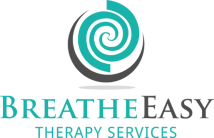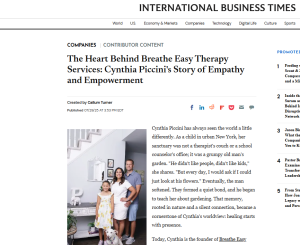Every new year, we create plans to realize our better selves. We may join a gym and regain our zest for vegetables or vow to park further away from the store to get in more steps.
While all these admirable steps contribute to a healthier you, they can be challenging to sustain, primarily if undertaken all at once.
Instead, more profound satisfaction can be held by finding meaning in the everyday things that make up daily life.
Psychological research describes the concept of Meaning in Life (MIL) as an understanding and pursuing the core significance and purpose of personal existence (Dezutter et al., 2013).
Researchers Heintzelman and King (2014) researched MIL in their 2014 article Life is Pretty Meaningful. In simplest terms, they say, “Considering one’s life to be meaningful is associated with a multitude of very good things” (p. 2).
In their research, three main themes emerged concerning MIL: meaningful lives have a sense of purpose, possess significance and make sense to the individual, and are characterized by regularity, predictability, and reliable connections (Heintzelman e al., 2014).
MIL sounds complex and complicated, but it doesn’t have to be. Simple steps can take you further on the journey than you might think.
Schippers et al. (2019) discuss steps to finding MIL that includes learning more about your passions and values and setting goals related to your passions.
Routines can ground us and help us along the way too.
According to Heintzelman et al. (2019), as our routines become automatic, we are filled with feelings of accomplishment. All the while, automated asks free our mental energy to allow for more thought on topics of our choosing. In essence, the less time we must commit to thinking about mundane daily tasks, the more time is freed up to explore our passions.
Pursuing MIL looks different for everyone and is based on living your authentic life. Trying to fit yourself into a mold that is uncomfortable at the least and harmful at the most can only delay your journey to finding true happiness.
In 2023, simply by resolving to learn more about yourself, you can find yourself well on the journey to finding meaningful experiences, relationships, and pursuits. Here are a few things to examine on your quest.
Finding Meaning in Life: 5 Tips
- Explore your passions: Nobody knows you as you do!
- Schedule basic daily tasks: Free up time to think about more profound things.
- Goal setting: Helps you achieve your passions.
- Relationships work: Positive partnerships support personal growth
- Rediscover: Revisit interests you’ve long ignored.
You can contact us for more information or help to realize the authentic you.
References
Dezutter, J., Casalin, S., Wachholtz, A., Luyckx, K., Hekking, J., & Vandewiele, W. (2013). Meaning in life: an important factor for the psychological well-being of chronically ill patients?. Rehabilitation psychology, 58(4), 334–341. https://doi.org/10.1037/a0034393
Heintzelman, S. J., & King, L. A. (2014). Life is pretty meaningful. The American psychologist, 69(6), 561–574. https://doi.org/10.1037/a0035049
Heintzelman, S. J., & King, L. A. (2019). Routines and Meaning in Life. Personality and Social Psychology Bulletin, 45(5), 688–699. https://doi.org/10.1177/0146167218795133
Routledge, C., & FioRito, T. A. (2021). Why Meaning in Life Matters for Societal Flourishing. Frontiers in psychology, 11, 601899. https://doi.org/10.3389/fpsyg.2020.601899
Schippers, M. C., & Ziegler, N. (2019). Life Crafting as a Way to Find Purpose and Meaning in Life. Frontiers in psychology, 10, 2778. https://doi.org/10.3389/fpsyg.2019.02778





